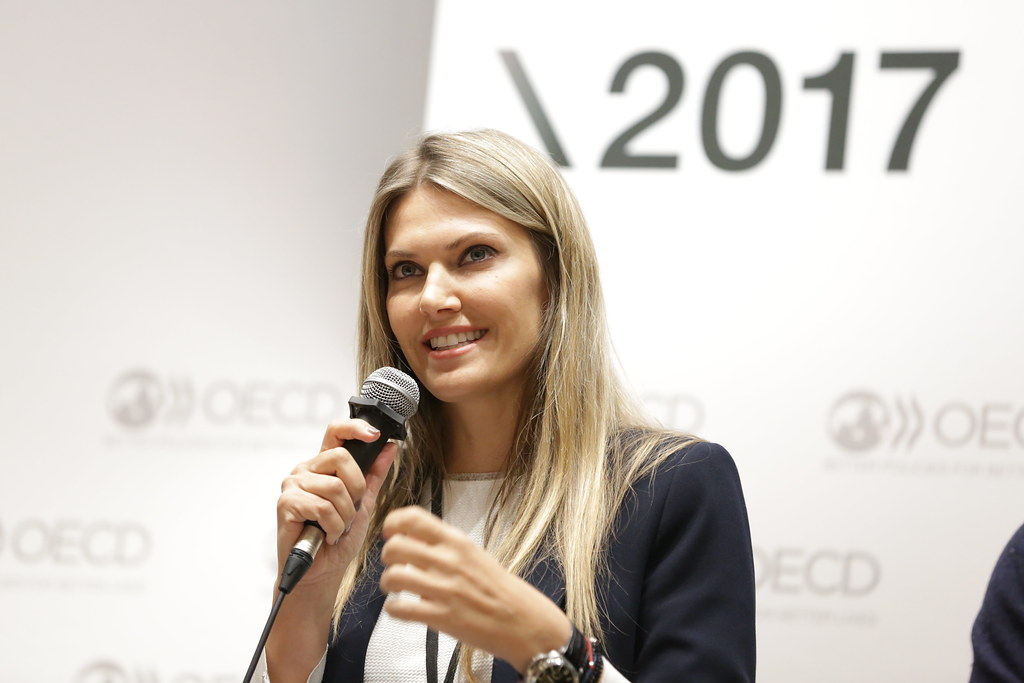In January, Qatar’s foreign minister said Doha is “100%” sure that allegations of paying off European officials are baseless.
Greek MEP Eva Kaili has dismissed all allegations that she acted on behalf of Qatar at the European Parliament as well as her involvement in the bloc’s major scandal, French daily Liberation reported on Friday.
“Everything I’ve said or done is public, including on Qatar, and I have no possibility of influencing anything whatsoever at the European Parliament,” Kaili told the French outlet in an interview conducted on 25 April, 11 days after her release from prison.
Kaili is at the centre of the European Parliament’s biggest scandal in history, which first emerged in December last year when Belgian authorities raided the houses of several MEP’s. Reports at the time said authorities had confiscated millions of euros in cash from their residences.
Prosecutors alleged the money was being used to help influence the European Parliament’s policies and decisions over Qatar and Morocco.
However, the Gulf state has repeatedly rejected such claims and has called on all parties involved to avoid dragging its name into the scandal.
Although Kaili was stripped of her position as one of the vice presidents of the European Parliament, she remains a MEP, Politico reported. Her lawyers say she is planning to return to work this month.
“I was put in jail for something I was not involved in,” Kaili told the French outlet in her latest interview, adding that she only learned about the presence of the money in her apartment on the day of her arrest.
In April, Kaili was released from Brussels’ Haren prison and placed under house arrest until 25 May.
Before her release, Kaili had spent four months in custody and her Italian partner Francesco Giorgi was accused of being involved in the scandal.
“It’s so obvious that I have no role in this case,” the Greek MEP added.
Other major names that emerged in the unravelling scandal included Belgian MEP Marc Tarabella and Italian former EU lawmaker Pier Antonio Panzeri. Both were released to their residence in April before being freed from house arrest last month.
Speaking to the French media outlet, Kaili denied being “mentioned” in the discussions between Panzer and Giorgi. She also defended her partner, claiming he was “under Panzeri’s influence”.
Meanwhile in April, the lawyer representing Panzeri confirmed that Qatar did not actively seek out connections with members of the EU.
In an interview with RTBF at the time, lawyer Laurent Kennes said MEPs, including his client Panzeri, pursued Qatar themselves to offer proposals of lobbying for the Gulf state in Europe.
Asked whether Qatar had taken “advantage of Morocco’s corruption networks” to get in touch with Panzeri, Kennes provided a definitive response.
“No. Qatar has not made any proposals to MEPs. They made themselves approachable but they did not make an offer,” he said.
In January, Qatar’s foreign minister Sheikh Mohammed bin Abdulrahman Al-Thani said Doha is “100%” sure that allegations of paying off European officials are baseless and called on Europe to avoid dragging Qatar’s name into the ongoing corruption scandal.







